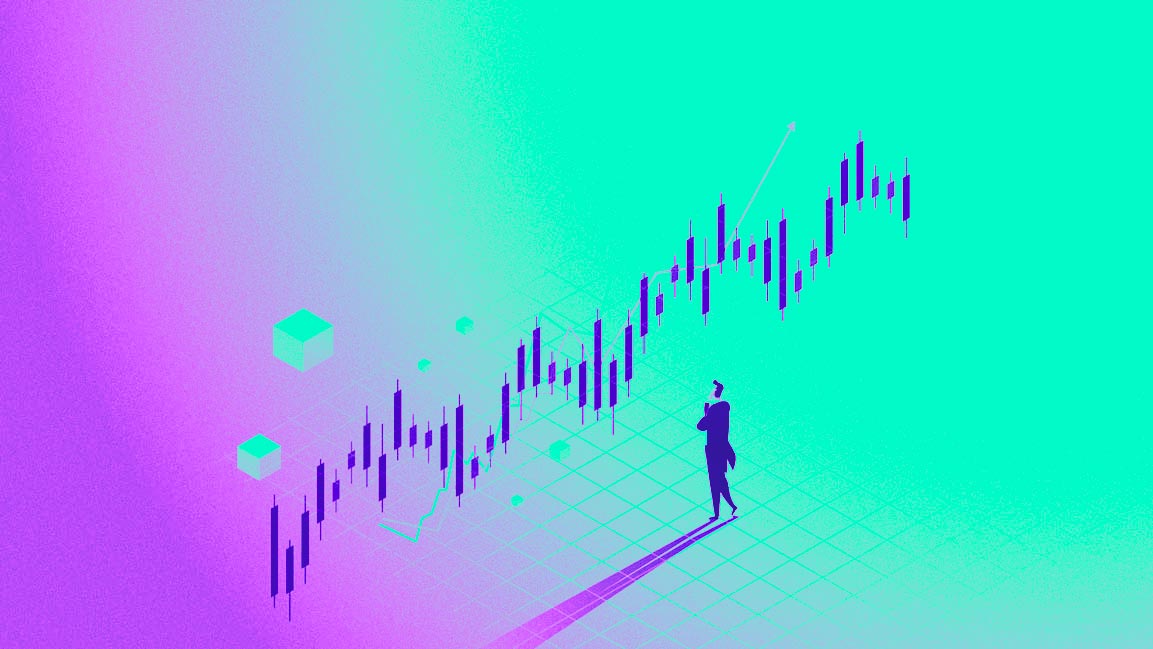Apple Pierces $4 Trillion Valuation Before Pulling Back
Strong iPhone 17 demand and a protected Google search payout briefly pushed Apple into the same $4T tier as Microsoft and Nvidia before late selling knocked it back.
News
- IIT-Bombay, Columbia Team Up to Build AI Backbone for Indian Manufacturing
- India Bets on Digital Public Infrastructure Model for Education AI
- OpenAI Retires GPT-4o as It Consolidates ChatGPT Models
- Adani Power Sets Up Nuclear Subsidiary
- Musk Unveils xAI Overhaul, Lunar AI Ambitions
- Former GitHub CEO Dohmke Raises $60 Million to Build AI Code Infrastructure

Apple on Tuesday became the third company in history to cross a $4 trillion market capitalization, even if only for part of the trading day. The stock rose enough at the open to value the iPhone maker at just over $4 trillion, before settling back to about $3.99 trillion by the close.
That puts Apple in the same group as Microsoft and Nvidia, the only other listed firms to have cleared $4 trillion. Nvidia, which has surged on the back of its dominance in artificial intelligence chips, is now worth between $4.7 trillion and $4.9 trillion. Microsoft is near $4 trillion as well, helped by investor enthusiasm around its deepening relationship with OpenAI and a restructuring that effectively values Microsoft’s roughly 27% stake in OpenAI at about $135 billion.
For Apple, the move back toward record territory is about two things investors can model today, not just AI promises down the road.
First, the iPhone 17 cycle is off to a stronger start than expected. Counterpoint data show early sales of the iPhone 17 family, which launched in September alongside the new ultra-thin iPhone Air, ran about 14% ahead of last year’s lineup in the first 10 days in both the US and China. That helped calm fears that Apple was losing ground in its most important hardware line.
Second, Apple benefited from last month’s remedies ruling in the US search antitrust case against Google. A federal judge declined to ban Google’s default search deals on iPhones and other devices. That means Google can keep paying Apple an estimated tens of billions of dollars a year to stay the default search engine in Safari, instead of being forced to rip up the arrangement. Apple rallied on the view that one of its most lucrative profit streams had just been protected.
The market reaction is notable as Apple has been seen as a laggard in the AI trade for most of the year.
Investors rewarded Nvidia for owning the chips that train and run large AI models, and they rewarded Microsoft for tying itself even more tightly to OpenAI.
Apple, by contrast, was criticized for moving slowly on generative AI and for incremental product updates.
That gap shows up in performance. Apple shares are up only about 7% year to date, compared with gains of roughly 44% for Nvidia and about 29% for Microsoft.
Still, Apple stock has climbed more than 25% in the past six months as sentiment flipped on iPhone demand and Services growth.
Apple’s rebound also comes despite tariff pressure. US President Donald Trump has pushed aggressive import tariffs in his second term, at times threatening Apple’s supply chain and even floating targeted duties on iPhones unless more production moves onshore.
Earlier this year, those tariff shocks erased more than $300 billion in Apple’s market value in a matter of days.
Apple has responded by pledging tens of billions in new US investment and accelerating assembly shifts to India and Vietnam, a strategy meant to blunt future trade blows.
CEO Tim Cook has also stayed close to the White House. Cook joined Trump and other US and Japanese executives in Tokyo this week at a dinner tied to a proposed $550 billion Japan investment framework.
That kind of access has reinforced the idea that Apple can still navigate Washington’s tariff politics, even if it cannot avoid them entirely.
Apple reports quarterly earnings after US markets close on Thursday, October 30.
Wall Street is looking for revenue just above $100 billion for the fiscal fourth quarter, with analysts saying Services could top $100 billion on an annualized run rate for the first time.
Apple was the first US company to hit $1 trillion in 2018, $2 trillion in 2020, and $3 trillion in an intraday move in January 2022.
Nvidia was the first to break $4 trillion, in July.
Apple’s brief trip over $4 trillion shows investors are again willing to pay up for iPhones, Services and Apple’s ability to defend its economics, even before it proves it can lead in AI.






